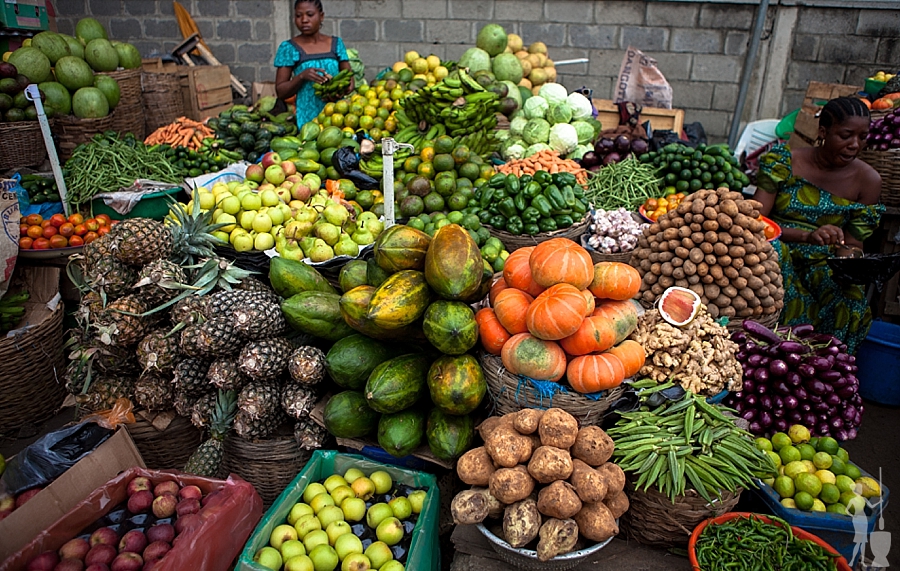When it comes to sales, one of the prevalent challenges faced by farmers, not only globally, but particularly within the context of Nigeria’s agricultural landscape, is the pursuit of fair profits amidst the challenges of overhead costs. This is as the farmers’ aspirations of direct-to-consumers sales often clash with the pragmatic realities of operational costs.
Farmers’ markets for instance, presents a haven for farmers to connect with consumers, proved to be a double-edged sword. In Nigeria, where small holder farmers form the backbone of the agriculture sector, the struggle to secure fair prices while contending with market charges and logistics, is a familiar narrative. Take, for instance, the scenario of a local farmer in Ogun State eager to sell his fresh produce directly to consumers at a bustling market. The initial optimism fades as he grapples with exorbitant space fees imposed by market organisers, slicing into his potential profits. The original owners of the market (as they are called) or space monitors (ọmọ onile) often levy charges on farmers, demanding fees for both the space occupied and the quantity of produce brought to market.
This financial burden, coupled with the logistics of transporting, way billing and the precious time spent awaiting buyers, cast a shadow on the allure of direct selling. In a bid to carve out a fair share of the gains, farmers often struggle to retain at as much as what middlemen traditionally pocket at times. However, the reality of market charges and the squeeze from buyers often leave them at crossroads. The reluctance of buyers to acknowledge the underlying expenses faced by farmers mirrors a broader disconnect. This is as buyers often expect to buy at ridiculously cheap prices since they are farmers, most often times, forgetting the trials farmers face to get the produce near them. The equation of profit margins became increasingly skewed, prompting a tough decision to continue battling the market’s financial hurdles or confront the middlemen head-on.
Drawing parallels to the Nigerian agricultural context, the decision to step back from direct sales and face middlemen squarely is reflected in the strategic choices made by farmers in Oyo State, known for its vibrant agricultural activities. This decision aligns with the pragmatic understanding that, despite the challenges, engaging middlemen can provide a more sustainable and predictable market avenue. The farmer’s dilemma often extend beyond mere financial considerations. For instance, staying away from the farm for extended hours and days constitutes a logistical nightmare. The very essence of being a farmer – to nurture and tend to the land – clash with the demands of the market, creating a delicate balance between agricultural productivity and the pursuit of profit.
Ultimately, the farmer decides to break his initial promise of a direct connection between producers and consumers. Instead, a strategic shift toward engaging middlemen emerged as a pragmatic response to the challenges faced. In the evolving saga of farmer’s markets and farmer’s hubs, this tale echoes the complexities woven into the fabric of agriculture. It speaks to the resilience of farmers navigating a landscape where direct sales, while appealing, come with a set of challenges that demand careful consideration. The dilemma of selling at farmers’ markets unravels as a narrative that mirrors the intricate dance of supply and demand, profit and cost, ultimately shaping the choices of those who toil the land.


